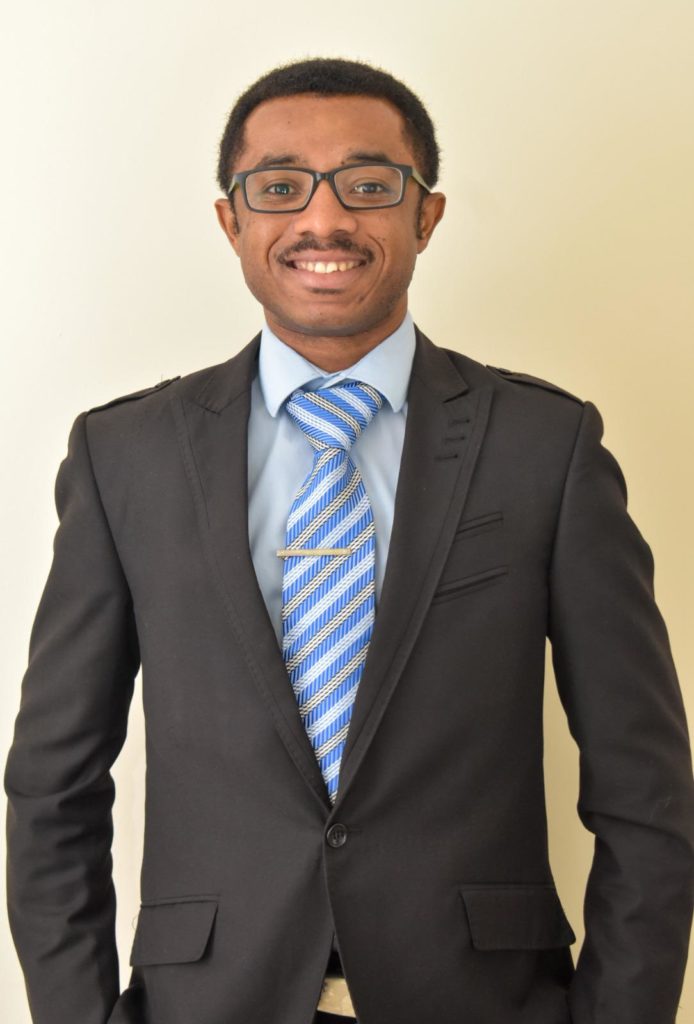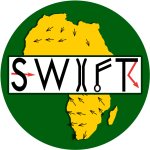By Lauren Phillips, University of Leeds

It’s sunny skies ahead for GCRF African SWIFT-sponsored PhD student Michael Baidu who was recently recognized as an important up-and-coming voice in meteorology. The recognition came after he claimed a prestigious Royal Meteorological Society award at this year’s Student & Early Career Scientists Conference held in June.
The two-day virtual event attracted more than 40 presentations from Masters students, doctoral researchers, and early career scientists across the United Kingdom, a competitive pool which Baidu was selected from.
Based at the University of Leeds in the School of Earth and Environment, Baidu’s research focuses on understanding and predicting high impact weather systems over Southern West Africa, work that is closely related to African SWIFT work packages three, four and five which look at remote sensing, nowcasting and synoptic methods respectively.
PhD research helps save lives in Africa
During the conference, he tackled the climatology of Mesoscale Convective Systems (MCSs), a complex of thunderstorms which can include weather systems such as tropical cyclones and squall lines.
When combined with their strong winds, MCSs are one of the most devastating weather systems for sub-Saharan countries in the region, including Ghana where Baidu was raised.
He stresses that better understanding the climatological characteristics of MCSs affecting the region is crucial for forecasters, and may have the potential to save lives from brutal weather conditions.
Through his research, Baidu analyses a combination of satellite data and reanalysis data from 1985 to the present day, categorising convective systems based on lifetime and speed.
“I look at how long they’re living, how fast they’re moving, and then investigate the environmental factors that influence the characteristic lifetimes and speeds for these storms,” he explains.
He adds that Numerical Weather Prediction models – mathematical models of the atmosphere and oceans that are commonly used to predict the weather – struggle to accurately represent MCSs in the region.
“Because of the small scales, West African systems are difficult to resolve in traditional climate models,” he explains. “You end up with a lot of errors that make prediction difficult, and these can significantly affect the economy of a region. If forecasters can do a better job it will help to reduce these impacts.”
Early career researchers critical for African SWIFT legacy
Professor Doug Parker of the School of Earth and Environment and principal investigator for African SWIFT says that the programme places great emphasis on the development and mentorship of early career scientists like Baidu.
“Early career researchers play a significant role in the wider SWIFT programme – we continue to invest in PhD students and fellowships as part of our capacity building work both in the UK and in our partner countries,” he says.
“Michael’s Royal Meteorological Society award is an excellent reminder that while our grant may formally end in 2021, the important work of our young researchers will ensure the project legacy carries on for years to come.”
